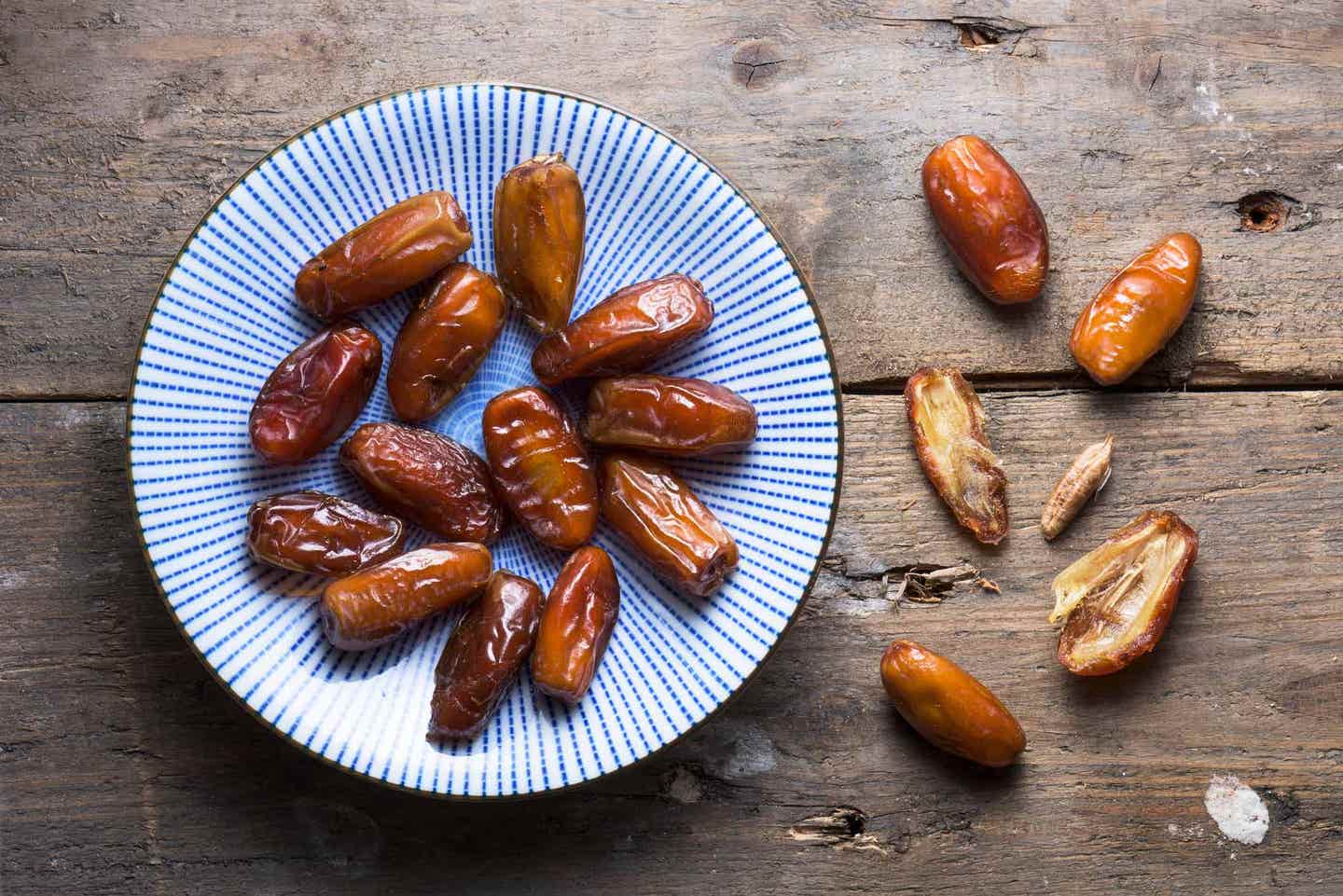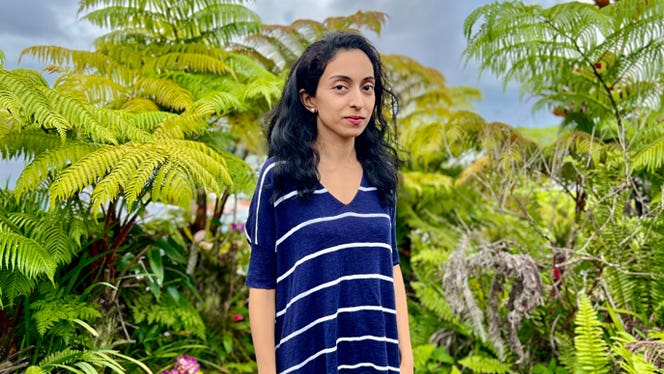A long life, enjoyed in good health, is a dream that many seek to realize. Yet while life span has been slowly increasing in developed countries, freedom from illness and disability, unfortunately, is not following the same trend. Research has shown that baby boomers (born between 1946 and 1964) have higher rates of many chronic diseases at various ages than their parents did. Compared to the prior generation, baby boomer risks are at increased risk for:
- Diabetes (by 46%)
- Hypertension (by 38%)
- High cholesterol (by almost 500%)
An international survey of adults 65 or older in eleven industrialized countries found U.S. respondents the sickest, with 87% reporting a chronic medical condition and 53% taking four or more medications. The statistics are discouraging, but this does not have to happen to you.
The secret to a longer life does not lie in prescription medications or expensive, sometimes dangerous, anti-aging pills and injections. Instead, you can find out how to stay vital by studying groups of people who have consistently maintained outstanding health into their old age.
WHAT DO CENTENARIANS EAT?
Scientists who study longevity often focus on centenarians, those aged 100 or older. You may be familiar with this idea through the popular concept of Blue Zones, where populations have unusually high concentrations of healthy centenarians.
Studying Blue Zones is rewarding but also challenging. Researchers must validate that people are actually as old as they say they are, and reliable records are not always available. Also, although it’s possible to measure what centenarians are eating now, what did they eat over the preceding decades?
A look at the Okinawan islands of Japan, one of the Blue Zones, offers some important insight. Careful research has validated the birthdates on record for Okinawan centenarians. In addition, detailed information on diet going back to 1949 is available from population surveys periodically conducted by the local government.
The older group of Okinawans, generally those born before 1942, possess the highest functional capacity and longest survival in Japan, a country traditionally known for its longevity. Rates of heart disease and many forms of cancer are significantly lower among Okinawan seniors than in Americans and other Japanese people of the same ages. Almost two-thirds of Okinawans still function independently at age 97.
So what is the traditional diet of this group, remarkable for both longevity and healthy aging? Here were the major sources of their calories in 1949:
| FOOD | % OF TOTAL CALORIES |
| Sweet potatoes | 69% |
| Other vegetables | 3% |
| Rice | 12% |
| Other grains | 7% |
| Legumes | 6% |
| Oils | 2% |
| Fish | 1% |
The following foods each contributed less than 1% of total calories: nuts and seeds, sugar, meat, eggs, dairy, fruit, seaweed, flavorings, and alcohol.
Overall, the diet of these centenarians derives 85% of calories from carbohydrate, 9% from protein, and 6% from fat.
Unfortunately, the mortality advantage that prior generations of Okinawans enjoyed has faded with the dietary changes that have occurred over the last several decades. Younger island residents have largely abandoned the sweet potato in favor of more “modern” choices: animal foods, white rice and other processed foods, and added oils. As a result they are sicker and increasingly overweight, and they are not attaining the advanced ages of earlier island generations.
Chart from "Caloric Restriction, the Traditional Okinawan Diet, and Healthy Aging: The Diet of the World's Longest-Lived People and Its Potential Impact on Morbidity and Life Span." Source here.
CAN DIET SLOW THE AGING PROCESS?
Why would a whole-food, plant-based diet, such as the one traditionally enjoyed in Okinawa and other Blue Zones around the world, have such a huge effect on aging? Is it just that this way of eating helps prevent killer events like heart disease, cancer, and diabetes? Or is nutrition impacting the aging process itself—putting the brakes on the complex interplay of processes that makes us age biologically? A recent study found that the latter outcome would result in a substantially longer period of healthy life than simply treating specific diseases as these pop up.
Scientific understanding of aging is in its infancy. Many interrelated factors contribute to the aging process. One of these determinants is the length of telomeres, protective structures found at both ends of our chromosomes. Shorter telomeres are linked to reduced life span and a substantially higher risk of chronic disease. Recent studies indicate that people with longer telomeres age more slowly.
Growing evidence confirms that lifestyle choices exert a powerful influence on telomere length. Dietary factors, as well as lean weight, are associated with longer telomeres. Researchers believe that a diet high in antioxidants (which is to say, a diet based on whole plant foods) protect telomeres from destructive oxidative stress. In a study of men with low-risk prostate cancer, findings indicated that a comprehensive lifestyle program that included a whole-food, plant-based diet was significantly linked to longer relative telomere length. The more closely the men followed the prescribed program, the more their telomeres lengthened during the five-year follow up period.
The bottom line: if you want to follow the example of centenarians around the world, a whole-food, plant-based diet should be the foundation of your lifestyle choices. It’s never too late to start.
Sources:
Goldman, D., Cutler, D., Rowe, J., Michaud, P., Sullivan, J., Peneva, D., & Olshansky, S. (2013). Substantial Health And Economic Returns From Delayed Aging May Warrant A New Focus For Medical Research. Health Affairs, 32, 1698-1705.
King, D., Matheson, E., Chirina, S., Shankar, A., & Broman-Fulks, J. (2013). The Status of Baby Boomers' Health in the United States. JAMA Intern Med, 385-385.
Ornish, D., Lin, J., Chan, J., Epel, E., Kemp, C., Weidner, G., marlin, R., Frenda, S., Magbanua, M., Daubenmier, J., Estay, I., Hills, N., Chainani-Wu, N, Carroll, P., Blackburn, E. (2013). Effect of comprehensive lifestyle changes on telomerase activity and telomere length in men with biopsy-proven low-risk prostate cancer: 5-year follow-up of a descriptive pilot study. The Lancet Oncology, 14, 1112-1120.
Osborn, R., Moulds, D., Squires, D., Doty, M., & Anderson, C. (2014). International Survey Of Older Adults Finds Shortcomings In Access, Coordination, And Patient-Centered Care. Health Affairs, 33, 2247-2255.
Shammas, M. (2011). Telomeres, lifestyle, cancer, and aging. Current Opinion in Clinical Nutrition and Metabolic Care, 14, 28-34.
Willcox, B., Willcox, D., Todoriki, H., Fujiyoshi, A., Yano, K., He, Q., Curb, D., Suzuki, M. (2007). Caloric Restriction, the Traditional Okinawan Diet, and Healthy Aging: The Diet of the World's Longest-Lived People and Its Potential Impact on Morbidity and Life Span. Annals of the New York Academy of Sciences, 1114, 434-455.
Willcox, D., Willcox, B., Shimajiri, S., Kurechi, S., & Suzuki, M. (2007). Aging Gracefully: A Retrospective Analysis of Functional Status in Okinawan Centenarians. The American Journal of Geriatric Psychiatry, 15, 252-256.
Willcox, D., Willcox, B., He, Q., Wang, N., & Suzuki, M. (2008). They Really Are That Old: A Validation Study of Centenarian Prevalence in Okinawa. The Journals of Gerontology Series A: Biological Sciences and Medical Sciences, 63A, 338-349.
Willcox, D., Willcox, B., Todoriki, H., & Suzuki, M. (2009). The Okinawan Diet: Health Implications of a Low-Calorie, Nutrient-Dense, Antioxidant-Rich Dietary Pattern Low in Glycemic Load. Journal of the American College of Nutrition, 28, 500S-516S.
Related News
Save 40% This WeekOn Forks Meal Planner

Forks Meal Planner takes the hard work out of making nutritious meals the whole family will enjoy.
SAVE $200 ON OUR ULTIMATE COURSE

Join our best-selling course at a new lower price!




